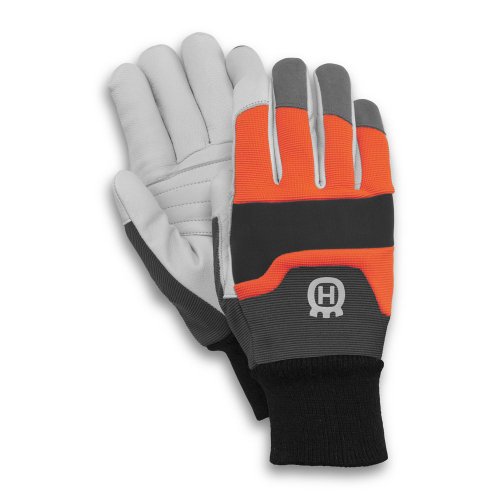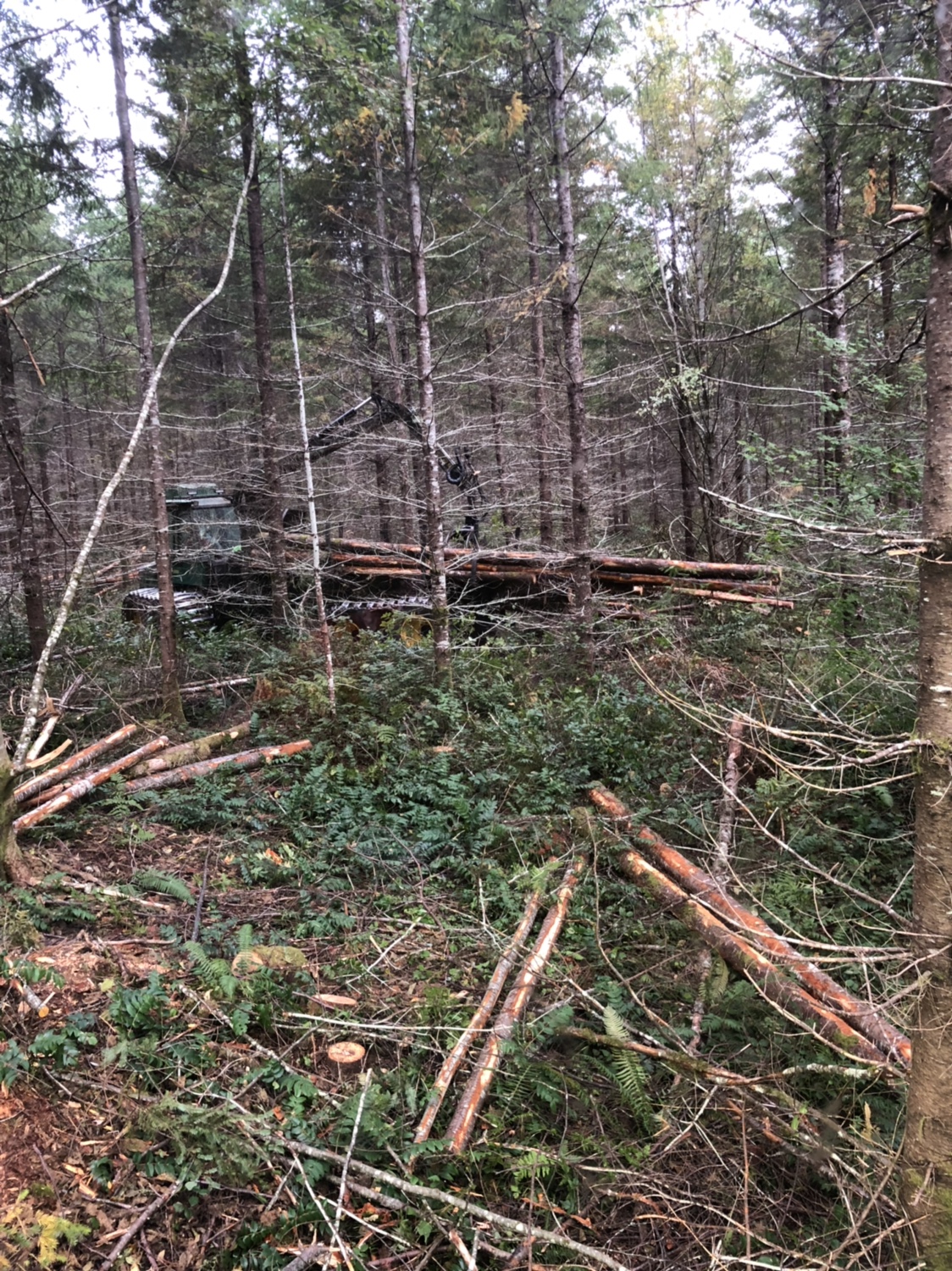ChicagoPete
ArboristSite Lurker
Hi looking to learn what I can here. We are putting installing a in ground pool next week at our home and there is debate from the pool company and my neighbor on the weight of the excavator running over the lawn between 30 foot tall trees and damaging their roots. I know nothing on the subject and I do not want to damage any of the trees on out yards, I already took down several last fall for this project. The salesmen said oh no problem coming in between the houses with equipment and near some trees, but now that the deal was signed; the man running the excavation crew was saying the equipment is quite heavy and much larger than the backhoe I was under the impression they would be using. Any advice would be really helpful and appreciated. Thanks!
























































